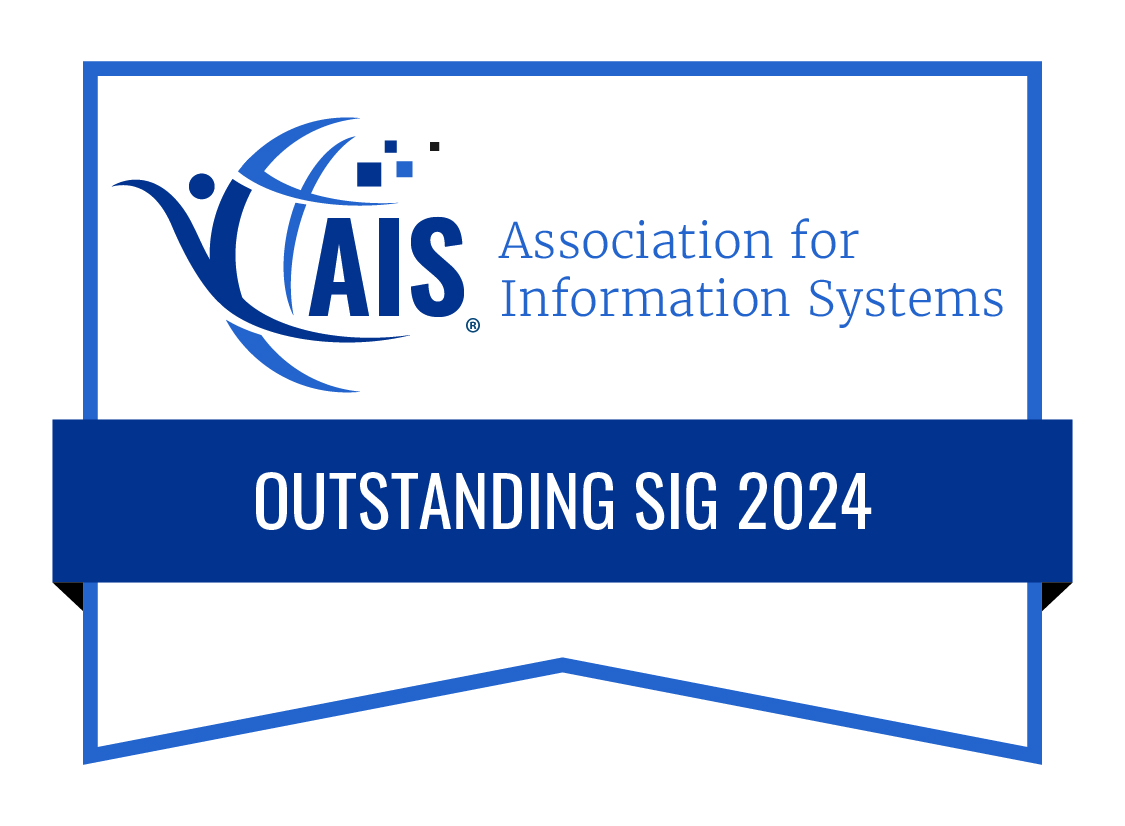Green Information Systems - Digital Sustainability
Tackling Grand Global Challenges requires collaborative multi‐disciplinary efforts to which the information systems (IS) profession can contribute critical knowledge and expertise. One such specialization is Green IS which encapsulates the responsibility of IS researchers and practitioners towards environmentally, economically and socially sustainable development.
Information Systems rely on Information and Communications Technologies (ICT). Green IS covers both opportunities of “the greening of ICT and the greening by ICT”. There is no denying that we need to look for ways to limit the emissions and pollution caused by ICT use (the “Greening of ICT” or simply “Green IT”). However, we should also seek ways to use ICT to reduce the harmful environmental and social impacts of all human activity (the “Greening by ICT”). As IS is a field which addresses the human and organizational issues associated with ICT, researchers in Information Systems have taken up the “Greening by ICT” cause and called it “Green IS”, which some scholars described as “the design and implementation of information systems that contribute to sustainability of business and social processes”.
Furthermore, Green IS scholars recognize that the use of ICT consumes energy and most nonrenewable energy production releases GHG. It is estimated that 4‐6 % of the world’s Green House Gases (GHG) emissions are due to the energy used over the lifecycle of ICT devices. Climate scientist have shown that GHG are a major cause of global warming and potentially damaging climate change There is also abundant evidence that ICT are major polluters through e‐waste. However, while there is an imperative to limit GHG emissions, simply turning off the technology is not an option. On a positive note, Green IS scholars also recognize that IS can be key enablers for activities that drive the mitigation of, and adaptation and resilience to, climate change.
The mantra of environmentalist is to “think global and act local”. While most IS practitioners act locally in their own organizations and communities, IS scholars are thinking globally. The Association for Information Systems (AIS) has formed a special interest group (SIGGreen), as an international community of academics pursuing Green IS research. The members of SIGGreen have composed and published a statement of its conviction that “it is incumbent upon […] IS professionals, to apply their knowledge and expertise towards global sustainable development”1. They believe that “the Information Systems discipline can have a central role in creating an ecologically sustainable society because of the field’s five decades of experience in designing, building, deploying, evaluating, managing, and studying information systems to resolve complex problems”.
Some topics that Green IS Scholars and practitioners address are:
- Creating, Managing and Using Information about environmental issues
- Enabling resilient communities and organizational competitive advantage through Green IS.
- Supporting and Transforming Human Enterprises to be more environmentally aware
- Decision Support for Environmentally Sustainable Development
- Green IS development
- Changing Attitudes and Behaviors towards climate change
- Energy Informatics using sensor to measure energy use for greater energy efficiency
- Meeting and Collaborating Virtually: Reducing the need to travel
